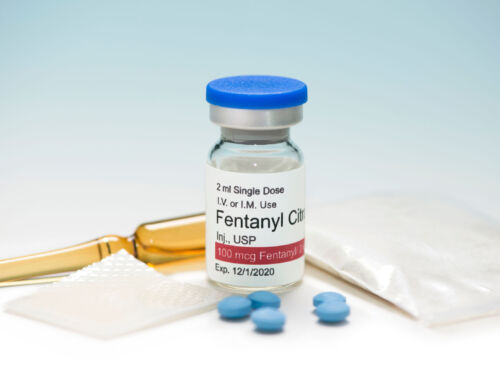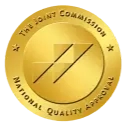
Addiction is a disease that requires evidence-based treatment approaches for recovery. There are a variety of approaches used in treatment, including cognitive-behavioral therapy for addiction, also known as CBT. Gaining insight into cognitive-behavioral therapy for addiction likely helps individuals understand why it may be an ideal part of their addiction treatment program.
If you are interested in a cognitive-behavioral therapy program as part of your recovery, reach out to the Atlanta Detox Center team today. Our therapists and addiction specialists are ready to become part of your team and help you begin your recovery journey.
What Is Cognitive-Behavioral Therapy?
Some sources indicate that cognitive-behavioral therapy was originally developed to prevent relapse among individuals with an alcohol use disorder. Other sources indicate that it was developed because of some people’s internal dialogues when they were in treatment. Whatever the correct origins, many treatment facilities include a cognitive-behavioral therapy program as one of their addiction therapy options. At Atlanta Detox Center, our cognitive-behavioral therapy program is an integral part of therapeutic healing.
So, what exactly is cognitive-behavioral therapy? Some features of this type of treatment include:
- It is a kind of talk therapy
- Cognitive-behavioral therapy challenges irrational thoughts
- CBT helps clients to identify their problematic behaviors
Clients learn to correct their behaviors and to develop effective coping strategies without drug use
- Cognitive-behavioral therapy guides clients through learning to avoid high-risk situations
- It may be used in both individual treatment and group treatment
There are other ways that cognitive-behavioral therapy for addiction can help individuals in treatment. People involved in a treatment program for alcohol addiction, a program for painkiller addiction, or a program for an addiction to other drugs learn to anticipate potential problems. Clients learn to develop self-control when receiving services from a substance abuse treatment program that includes cognitive-behavioral therapy.
Benefits of Cognitive-Behavioral Therapy
Cognitive-behavioral therapy is recognized as a type of addiction treatment therapy that can either be used alone or along with other types of treatment. One example of this is that it may be used without the need for psychiatric medications or prescribed psychiatric medications.
Cognitive-behavioral therapy is a way to help individuals through various formats, rather than the strict approach in some treatment programs. It may help to treat the depression or anxiety that is present in some clients. It may also help clients with learning how to regain control without letting drugs rule their lives.
People engaged in cognitive-behavioral therapy learn to talk out their problems, and they learn to change how they think. One technique used in CBT involves exploring the negative effects of continuing to use drugs. This approach helps clients learn to counsel themselves.
Another benefit of cognitive-behavioral therapy in addiction treatment is that clients often retain their newly developed skills after completing their treatment. This fact potentially reduces the risk of relapse after completing an addiction treatment program. This is true whether the individual is in a women’s rehab program, a men’s rehab program, or another type of substance abuse treatment.
One additional benefit is that CBT is a shorter-term type of therapy in drug treatment or mental health treatment programs. This may lead to an increased likelihood that clients will complete the treatment program.
Discover the Impact of Cognitive-Behavioral Therapy for Addiction at Atlanta Detox Center
The first step to determining whether cognitive-behavioral therapy is right for your treatment needs is to contact Atlanta Detox Center to schedule an appointment. Completing a comprehensive assessment is another step to start the path to recovery and learning to live without letting drugs control your life. We can answer your questions about any of our addiction treatment therapies or substance abuse programs. Contact us right now at 470-450-2355.







